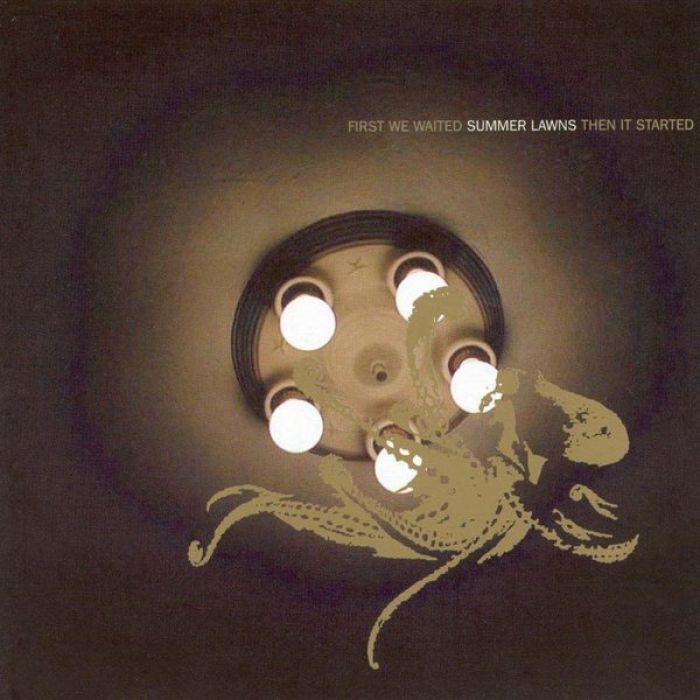First We Waited… Then It Started by Summer Lawns (Review)

If I wanted to be really pithy and witty, I’d probably say something like “Gee, I didn’t know Radiohead recorded a slowcore album” when it came to describing Summer Lawns’ debut, First We Waited… Then It Started. However, that continues to strike me as the most accurate way to quickly sum up the quartet’s music. And much of that is due to Jeremy Linzee’s Thom Yorke-ish croon, which is one of the group’s strengths — but ultimately one of its biggest liabilities.
The long and short of it is that the band sounds just a little too much like Radiohead for their own good. I’m not sure if it’s such a good thing that one of the album’s strongest tracks, the aptly-titled “Piano Song,” bears an uncanny resemblence to some OK Computer b-side in its more explosive moments. So much so that you’re tempted to wonder if the wrong CD was somehow slipped into the player even as you’re enjoying the group’s lush intrumentation.
Much of the disc’s remainder proceeds at a slightly more glacial pace — for example, the tension-filled, claustrophobic cover of Joy Division’s “Transmission,” where Linzee’s vocals take on a disturbingly intimate tone — and without the dynamics present on “Piano Song,” the band doesn’t sound so familiar. Which is a good thing, mind you. It’s here where the “slowcore” aspect comes more into play — “Jack The Ripper” creeps, appropriately enough, from the speakers on echoing drums and drawn out cello gasps.
However, even at their slowest and sparsest, such as the graceful rendition of “This Little Light Of Mine” (yes, that “This Little Light Of Mine”), Summer Lawns never fully escapes the specter cast, as unintentional as it might be, by Linzee’s voice. It’s almost impossible to not hear Radiohead when you listen to this album, which ultimately prevents the band’s atmospheric sound from being as engaging and affecting as it might’ve been.
In all fairness, the band never sounds like they’re trying to do anything as crass as simply rip off Yorke and Co. And there are enough moments on the disc that hint at what might be — the lovely denouement on “Twin Peaks” (lyrically, a rather intriguing request for the Second Coming, methinks), the moment when “How To Furnish Life In The Desert” rouses itself from its stupor and begins reaching for something a little bigger and brighter, etc. — and enough pensive conviction in the band’s lyrics to keep one from simply dismissing Summer Lawns and move on to the next thing. But even so, the comparisons are just too obvious and unavoidable for me to really get into the album as much I’d like to, or could have otherwise.
